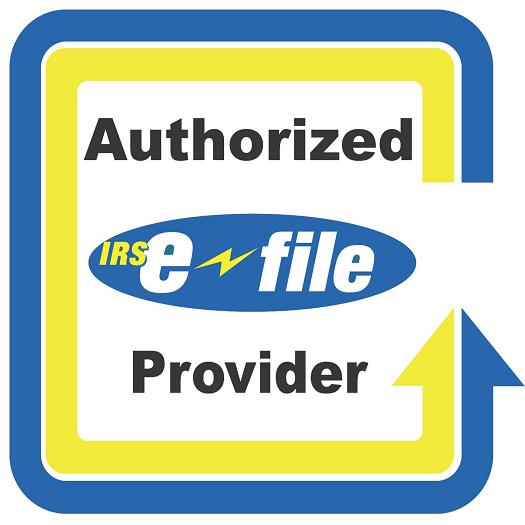Jet Set and Tax Savvy: Mastering Taxes for the Global Traveler
Are you a frequent flyer for business? In today’s global economy, international travel is essential for companies looking to expand their horizons and forge new partnerships. But did you know that navigating the tax implications of foreign business travel can be a complex journey? With the Tax Cuts and Jobs Act (TCJA) of 2017 shaking up the rules on deducting travel expenses, it’s crucial for both employees and employers to stay informed. This article explores the ins and outs of foreign business travel expenses, from what qualifies as deductible to the specifics of attending conventions abroad.
Understanding Ordinary and Necessary Expenses
To claim a deduction, your travel expenses must be both “ordinary” and “necessary” for your business. Ordinary expenses are common in your field, while necessary expenses are helpful and appropriate. When you travel for business, typical deductible costs include airfare, lodging, meals (with some limitations), and transportation at your destination. Just remember: lavish or extravagant expenses won’t fly!
TCJA Limits for Employees
The TCJA introduced significant changes, notably suspending most miscellaneous itemized deductions for individual taxpayers from 2018 to 2025. This means employees with unreimbursed foreign travel expenses can no longer deduct these costs. If you’re affected, consider negotiating with your employer for an accountable plan that allows for tax-free reimbursements of your business expenses.
Business Days vs. Nonbusiness Days
Knowing how to differentiate between business and nonbusiness days is vital for deducting travel expenses. Business days include travel days to and from your destination, days spent conducting business, and even standby days that fall between meetings. Nonbusiness days are those spent enjoying personal activities. Accurate classification is key to maximizing your deductions!
Personal Activities and Allocation Adjustments
Combining business with leisure? You’ll need to allocate your expenses accordingly. Only the business portion is deductible. If your trip is primarily for business and any personal activities don’t significantly extend your stay or costs, your main travel expenses (like airfare) remain fully deductible. However, keep a close eye on daily expenses!
Foreign Conventions, Seminars, and Meetings
Attending foreign events can open doors, but only if they relate directly to your trade or business. To deduct these expenses, you must prove that attending the event is reasonable and necessary. Keep all documentation handy to substantiate your claims!
Cruise Ship Conventions
Planning a convention on the high seas? The IRS has strict rules! The ship must be a U.S. flagship, and all ports of call must be within U.S. territories. You can deduct up to $2,000 per attendee, but detailed records are essential to validate your expenses.
Luxury Water Travel
Thinking of traveling luxuriously for business? Deductions are limited to twice the highest per diem travel amount for federal government employees. Remember, meals during luxury travel are subject to a 50% limitation before applying the per diem cap.
Accompanied by a Spouse
Wondering if your spouse’s travel expenses are deductible? Generally, they aren’t—unless your spouse is an employee and the trip serves a bona fide business purpose. However, if driving, the entire cost of business-related transportation is fully deductible.
Navigating the tax landscape for foreign business travel can be a daunting task, but with careful planning and documentation, you can make the most of your deductible expenses while staying compliant.
If you have questions or need assistance, contact us today! When we prepare our clients’ tax returns, we ensure that all eligible travel expenses are included, maximizing your deductions. Don’t leave money on the table—let us help you optimize your tax strategy and keep your finances on the right track!
Continue Reading
fusion_global=”1322″]

